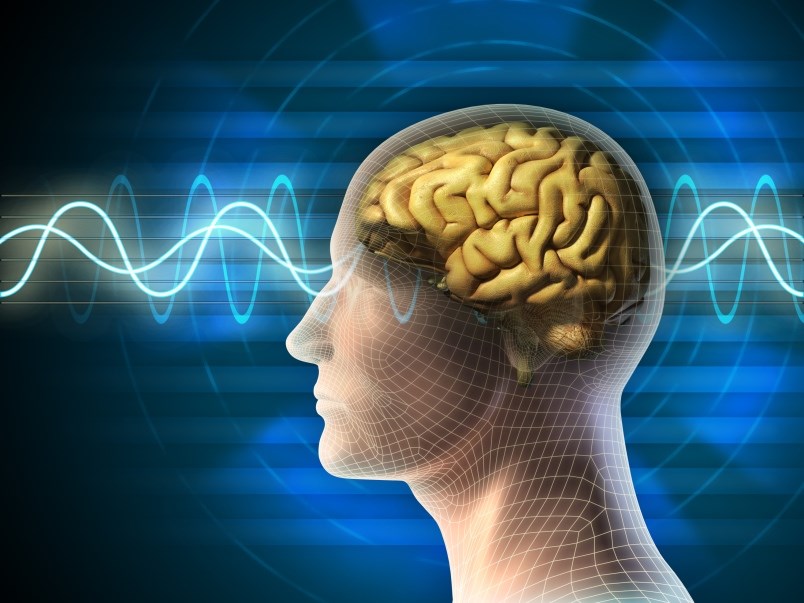I recently came across an article about the signs of dementia.
It was like looking in a mirror!
I was shocked to discover that I had all 13 signs of dementia that the article described:
1. Personality changes
2. Seeing things that aren't there
3. Struggles with speech
4. Vision problems
5. Difficulties keeping focused
6. Constantly losing things
7. Becoming bad with money
8. Being emotionally flat
9. Not moving as well as usual
10. Becoming insensitive
11. Struggling to grasp concepts
12. More anxious
13. Getting lost often.
Thankfully some of these symptoms are mild and others I have some control over how far they progress.
Both brain injury and dementia are damage to the frontal lobe. The frontal lobe of the brain governs so many important functions such as social etiquette, emotional regulation, effective conflict resolution, stress management and many more. Add physical symptoms such as problems with speech, vision and mobility and the results can be catastrophic for the individual and their family, friends and community.
Dementia usually sets in after the age of 65, although early onset can occur in your 30s. There are five main types of dementia with many subcategories. The most common is Alzheimer’s. I am in my late 50s so dementia symptoms could show up any time for me. However for someone like me with a brain injury (and having all the symptoms of dementia) diagnosing which symptom to what condition would be very challenging.
I'm not going to lie. I am concerned about my future because there is research that points to a strong link between traumatic brain injury and dementia. So instead of becoming sick with worry, I am doing as much as I can to take care of my health such as:
- Getting proper sleep
- Having a daily routine
- Not consuming alcohol, drugs or nicotine
- Avoiding stress
- Engaging in activities that stimulate my brain like word games, reading, writing and listening to
classical music
- Keeping connected to people who fill my soul
- Accessing therapeutic and medical help as needed.
One of the biggest changes people have noticed about me is my personality. My inside voice often comes out before I have a chance to stop it. Sadly, the once empathetic and patient person is gone and has been replaced with someone who is very blunt, abrupt and way too honest. Honesty is a good thing, but my comments can come out sounding quite rude.
These shifts in behaviour can happen to anybody with brain injury or dementia..There are days I don't recognize myself. Being emotionally flat helps because I don't dwell on the negative. And because I have poor memory I forget and move on. When I'm asked questions like "why did you do this?" or "why did you say this?" I am hard pressed to come up with an answer. Most times I can't the recall the incident in question. This can be perceived as I don't care or I'm trying to hide something.
To look at me and talk to me, one would not detect I have a brain injury. This is why it's called an invisible disability. I can appear to be high functioning but I am not this person anymore. It's the same with someone who has dementia. One minute we are "with it" and the next we have beamed up to another planet.
Whether it's brain injury or dementia, folks with these conditions do not consciously go out of their way to be difficult. I now have regrets about my grandmother who had dementia and I regarded her poorly for many years because of her behaviour. The shoe may be on the other foot some day.



